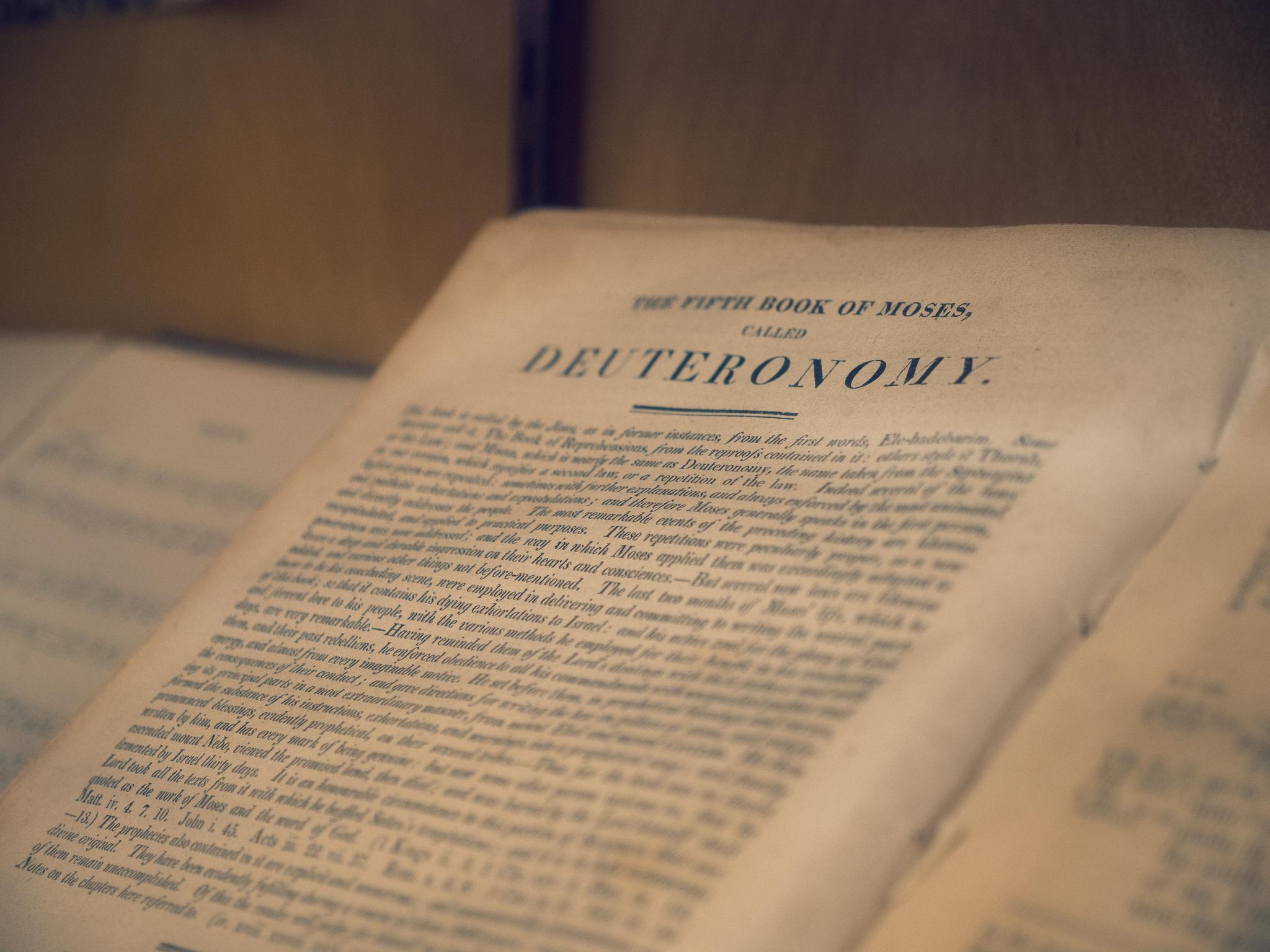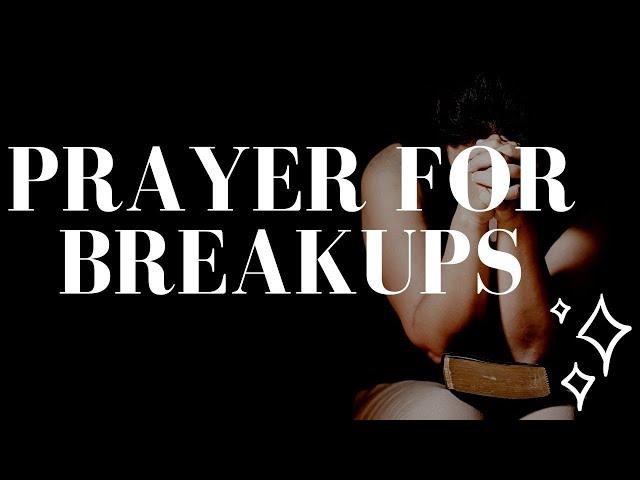The Bible, as we all know, is a compilation of various books written by different people over a period of 1500 years or more. We also know that although it is known as God's Word, it wasn't actually written by God, but it is Him working through other people's hands. God used ordinary people to deliver His Word. Known today as The Bible.
The Bible is filled with miracles, which makes it controversial. For example, beginning with the creation of the earth, Lot's wife turned into a pillar of salt, a river turned to blood, Jesus walked on water. In the book of Joshua, it says that the sun stood still, and miracles like these are mentioned throughout the whole book.
As Christians, we consider God's Word to be the ultimate authority, but, in this day and age, where the number of religiously unaffiliated Americans is rising, miracles are often doubted. There is a preconceived opinion about anything beyond the natural, and it is often dismissed instead of thinking that if God exists, then miracles are possible. Also, archaeologically speaking, the Bible is historically accurate. This doesn't mean it is "true," but it does mean that it is reliable.
So, how can we trust that what is in the Bible is true? This question is often a topic of discussion. While some may think the answer is complicated, I think the answer is actually straightforward when we have an understanding of what the meaning of "true" is. By definition, "true" is what is in-line with reality. Therefore, if it's real, it's true, and if it's unreal, it must be false. The Bible claims that God exists; it also says that Jesus was God in human form, and that Jesus died and resurrected, and he communicates with us through the Bible.
All of this has to be either true or false, real or not. As Christians, we believe that all of these events happened and are all real, which means that the Bible is true, and God really exists. Usually, to make or prove something is true is not enough to only quote what the Bible says because then we get into a big circle of irrational arguments and explanations. Quoting the Bible to prove the Bible is true is the basis of discussions for skeptics. However, throughout history, many copies have been made, but they all show to be accurate. There may be minor differences like when it mentions Jesus, it says Lord, but none of these small details have made a significant impact. As mentioned before, archaeology has proven time and time again that the Bible is a true testament to a historical reality.
If the Bible can be shown to be reliable, then what it says about Jesus, God, and our salvation can be trusted.
Many may think that what we believe about the Bible doesn't really matter as long as we gain something from it. But, by saying this, they're practically dismissing God's existence, all the miracles, and even our eternal salvation.
There's so much that could be said about this topic, but ultimately, what really matters is how we respond to God's calling. We need to submit to His will and have faith that he will provide the answers to all of our prayers.
Surely God is my salvation; I will trust and not be afraid. The Lord, the Lord himself, is my strength and my defense; he has become my salvation. Isaiah 12:2






